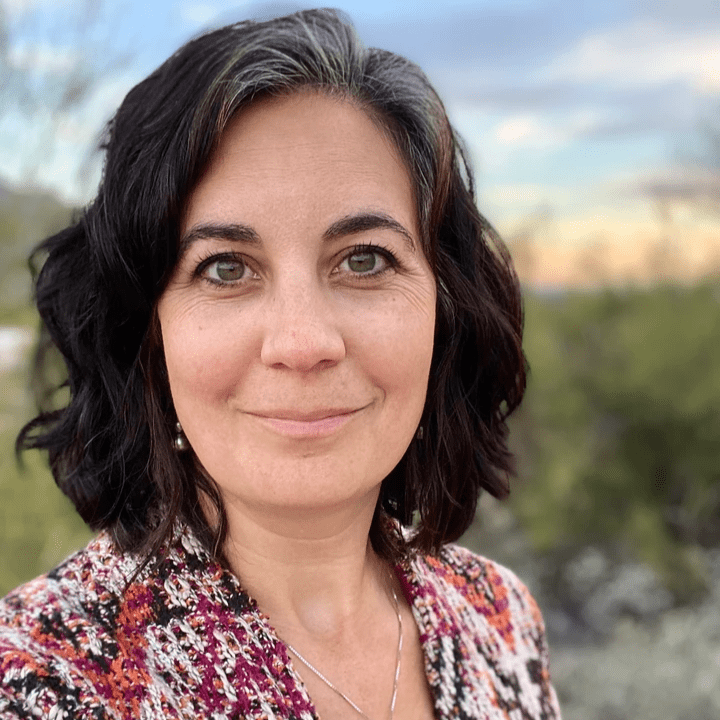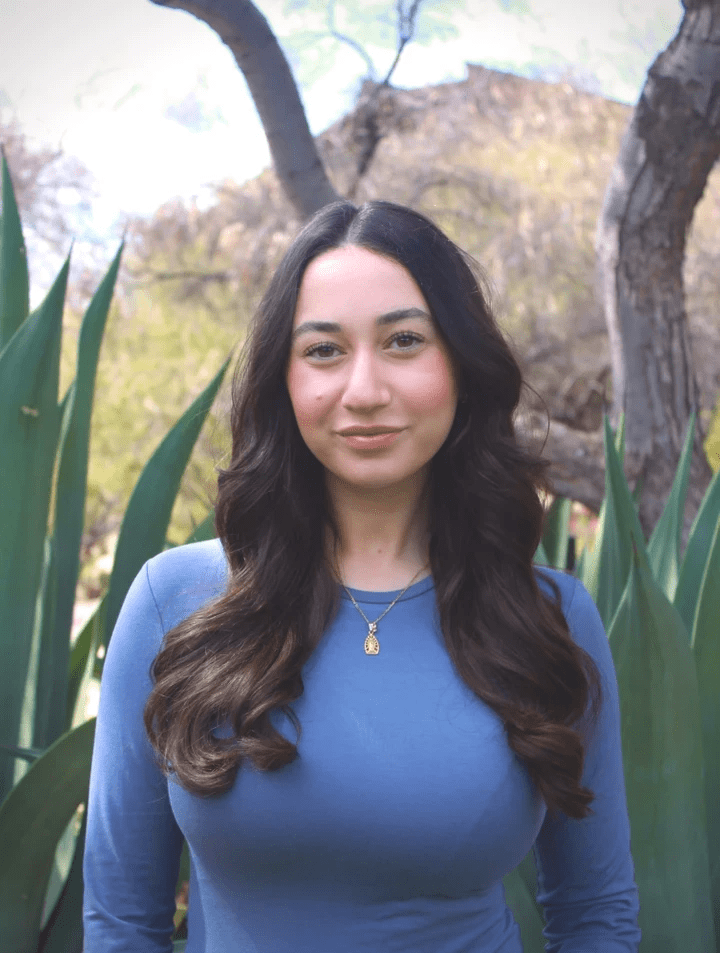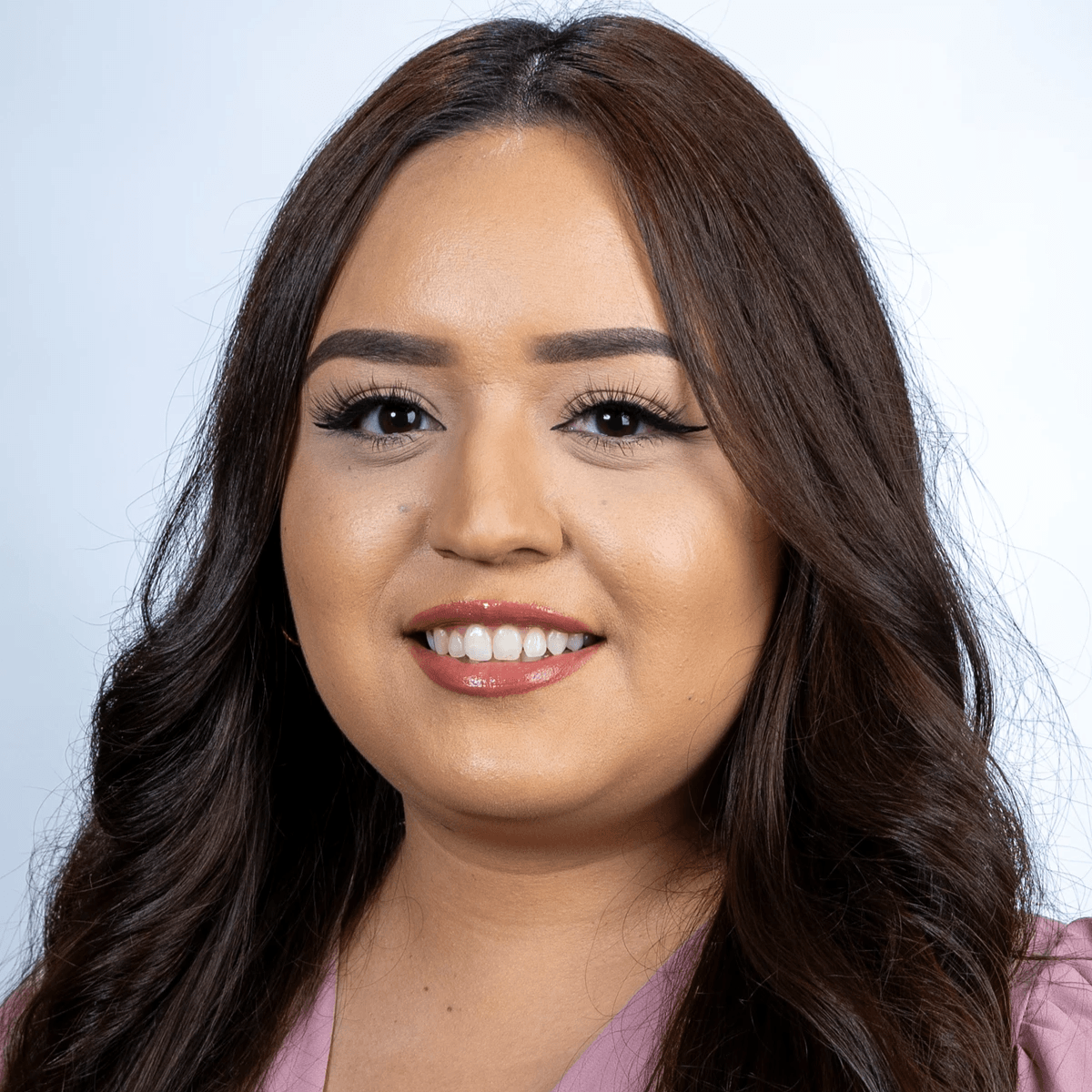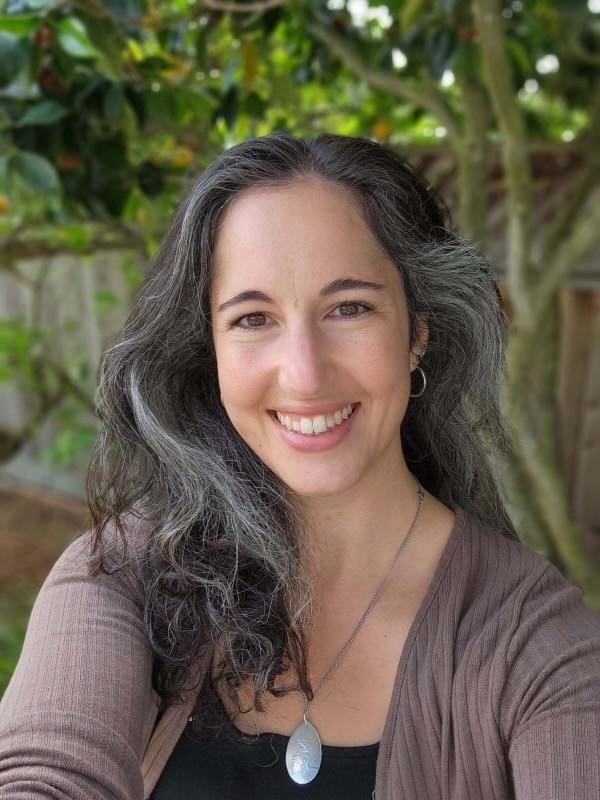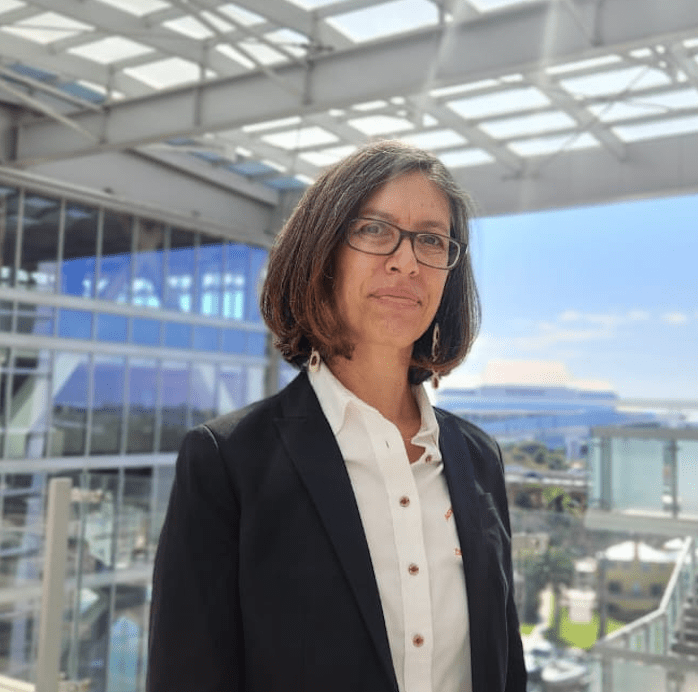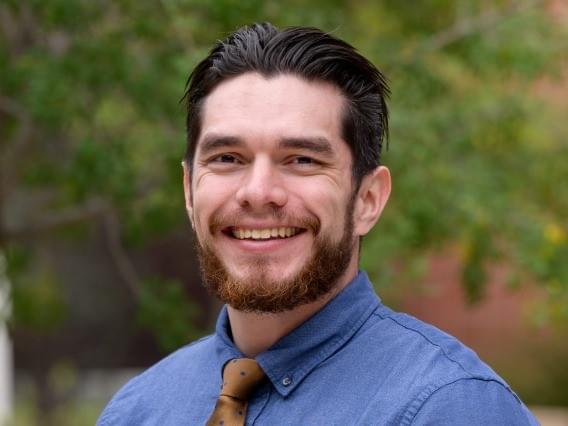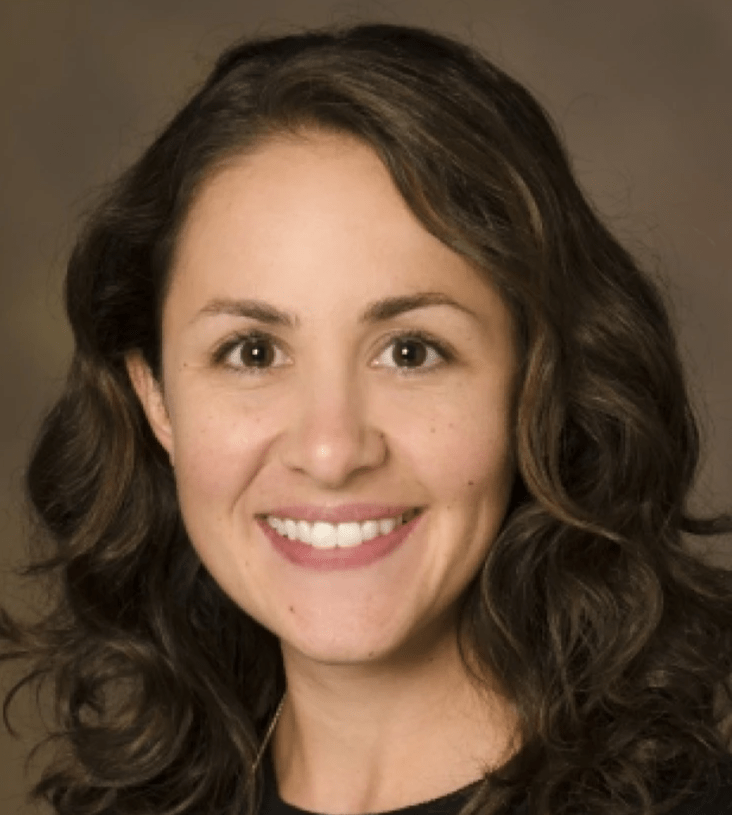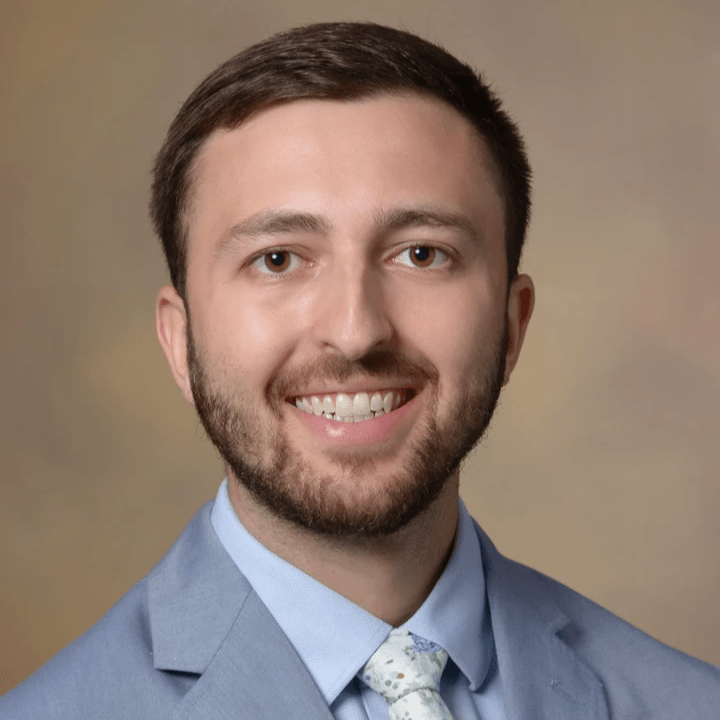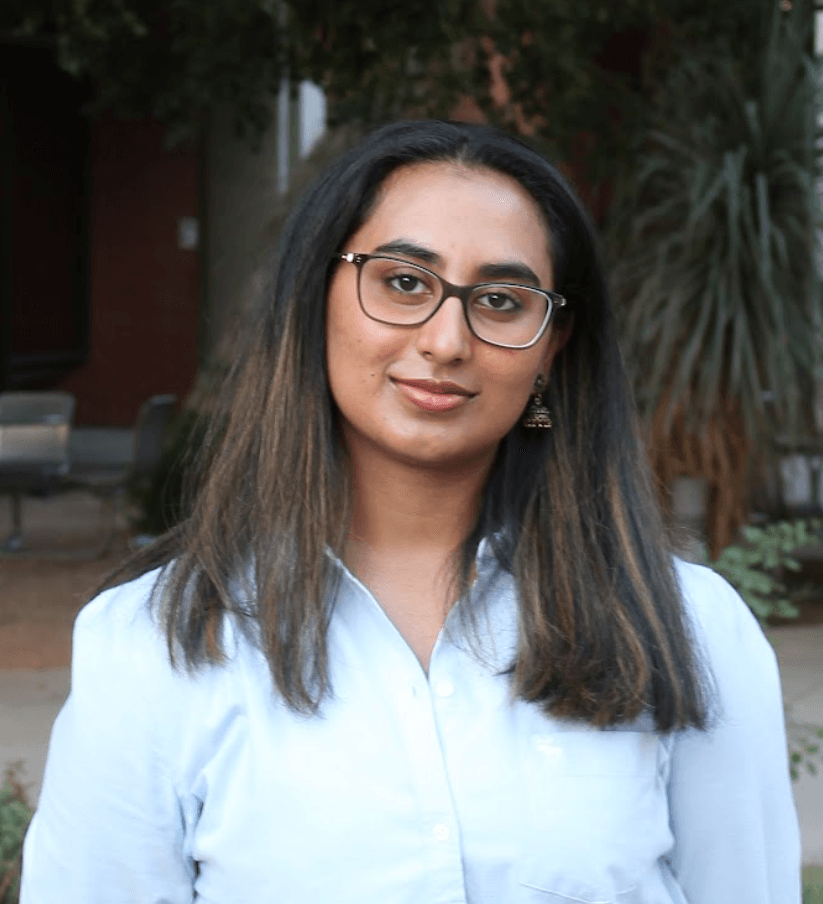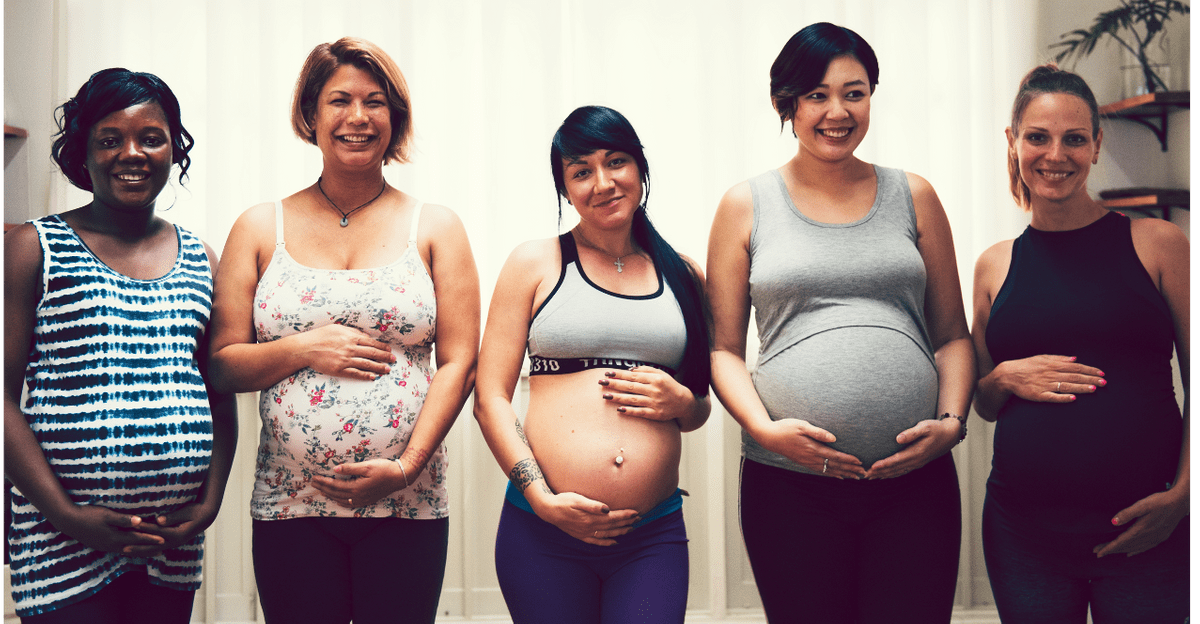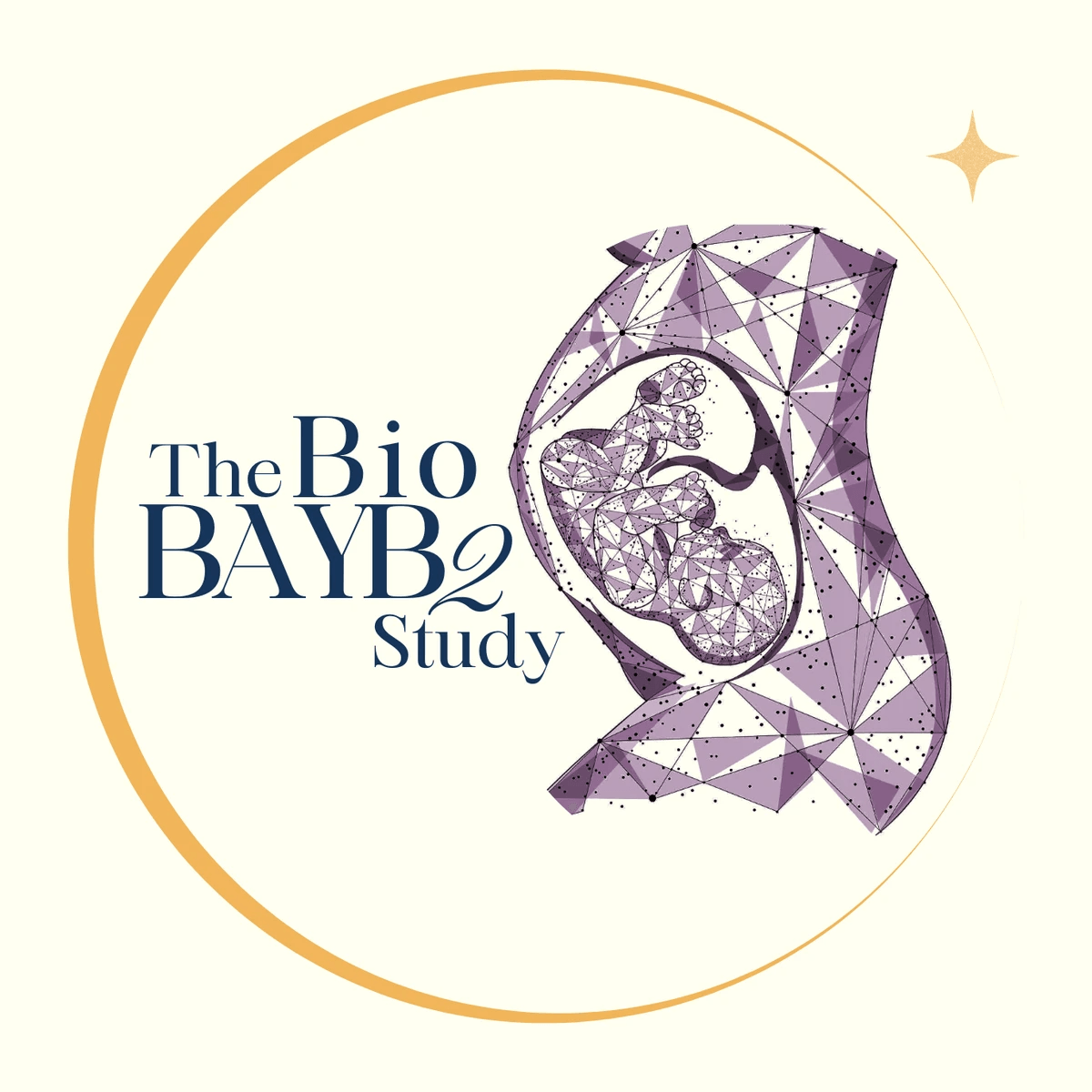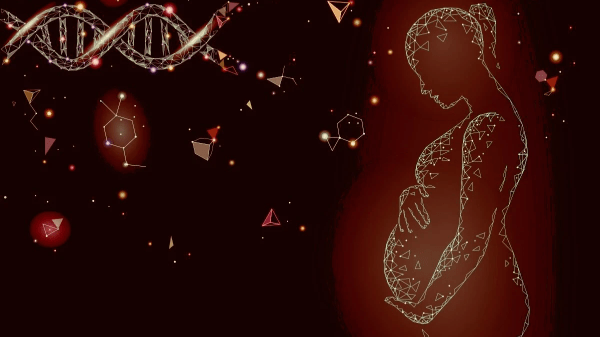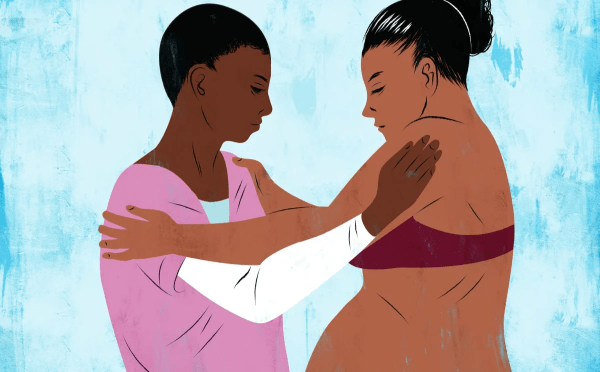

Elise N Erickson
PhD CNM FACNM
Associate Professor
Department of Physiology
The University of Arizona
College of Medicine- Tucson
Research Team
Members, collaborators and friends of MuMH labThe University of Arizona

Elise Erickson
Principal Investigator
Associate Professor & Certified Nurse-Midwife
Dr. Erickson earned a BSN from the University of Michigan in 2003 and a Masters for Midwifery and Women's Health from the University of Illinois Chicago in 2005. After practicing for several years she returned to UIC for graduate study in Behavioral Neuroscience and ultimately completed a PhD at Oregon Health and Science University in 2018. She has practiced as a CNM for over 18 years, as a result informs and inspires research questions. Dr. E joined the University of Arizona in Tucson in 2022. Her work has been supported through various awards including the NICHD K12 BIRCWH, a K99/R00 via NINR, institutional and foundation funding mechanisms. Outside of the University of Arizona she serves as the Chair for the Division of Research for the American College of Nurse-Midwives and is an associate member of the State of Arizona Maternal Mortality Review Committee. She is currently open to mentoring graduate students from Physiology, Nursing, Pharmacy or the Clinical Translational Sciences Graduate Program.
Clinical Research Staff

Hillary Ruvalcaba
Clinical Research Coordinator
PARTO study
Hillary earned a BS in Molecular and Cellular Biology (Genetics & Human Health Emphasis) from the University of Arizona (UA) in 2022 and is currently pursuing a BA in Spanish at UA. Her research interests include preconception, prenatal, and pediatric genetics. This interest is rooted in her firm belief that risk assessment and early intervention are vital for prevention, adaptation, and treatment of genetic conditions. In her free time, Hillary enjoys traveling, making art, yoga, and spending time with her husband and English Bull Terrier.

Lily Woods
Clinical Research Coordinator
MuMH Lab, Licensed Counselor
Lily earned a master's in counseling (2023) with an emphasis in clinical mental health and a bachelor's in psychology (2020) from the University of Arizona. She is interested in using a SDoH lens to illuminate the complex interplay between psychological and reproductive health, exploring how external factors—such as stress, support, and social context—influence biological processes of pregnancy. Her goal is to translate these insights into integrative interventions. Outside of the lab, Lily provides psychotherapeutic treatment for mood and anxiety concerns related to menstrual cycles, pregnancy, and the postpartum period, with a focus on affirming care for LGBTQ+ clients.

Jade Radoian
Clinical Research Assistant: PARTO
Jade recieved her BS in Physiology and Medical Sciences at UA in 2024 where she also minored in Spanish and Biochemistry. She has been working with the PARTO study since her senior year and is continuing on as a full time staff research assistant. In the future, she plans work towards her goal of becoming a Physician Assistant. Jade has a strong passion for maternal-fetal medicine and is confident she will continue working in this field for the duration of her career. Jade enjoys spending time with family and friends, cooking, traveling, creating art, and taking care of her many plants. She is eager to share her interest in reproductive health with collaborators and the Tucson community.

Stephanie Najera
Clinical Research Coordinator
Stephanie graduated from Arizona State University with a Bachelor of Arts in Global Health. Post-graduation, she scribed for a gynecologic oncologist who provided her with a firsthand understanding of the challenges patients face in the realm of Gynecology and Oncology. Witnessing the complexities of women's health issues, coupled with her passion for global health, she found herself drawn to the idea of exploring innovative solutions and treatments through clinical research, particularly within obstetrics and gynecology. Stephanie joined the University of Arizona, Department of Obstetrics and Gynecology in July 2023 as a Clinical Research Coordinator. She is committed to contributing to advancements in women's healthcare through rigorous research endeavors to improve patient outcomes and address unmet needs. She envisions utilizing her Spanish-language proficiency and clinical knowledge to engage and empower underrepresented communities, ensuring their inclusion in clinical research. Stephanie hopes to attend medical school soon to further her mission of advocating for underserved communities and making tangible contributions to healthcare as a physician.

Fatima Palacios Guerrero
Clinical Research Coordinator
Postdoctoral Fellows & Graduate Students

Erin George
PhD, CNM
Postdoctoral Researcher
Dr.George earned a BA from Bryn Mawr College in 2006, a BSN from MGH Institute of Health Professions in 2010 and an MSN in Nurse-Midwifery from Yale University in 2012. Dr. George practiced full-scope midwifery for over 10 years in academic medical center, community hospital, and freestanding birth center settings. She completed a PhD in Nursing at Boston College in 2023. Dr. George’s work has been supported through various organizations, including the American College of Nurse-Midwives, the Association of Women’s Health, Obstetric, and Neonatal Nurses, and Nurses Educational Funds.

Sarah Weinstein
PhD Student/ Certified Nurse-Midwife
International Board Certified Lactation Consultant
PhD Candidate
Sarah earned her bachelor's in integrative biology from Berkeley where she first learned about midwifery care in her reproductive biology course. She earned her BSN and graduated with her master's in nurse-midwifery from Oregon Health and Sciences University in 2014. She started her career in the Four Corners region, and since then, she has caught babies in and out of the hospital and in rural and urban settings. Sarah expanded her full-scope midwifery to include breastfeeding and lactation medicine. She is pursuing her PhD under the guidance of Drs. Elise N. Erickson and Aleeca F. Bell.

Meredith Casella Jean-Baptiste
PhD Student/ Certified Nurse-Midwife
Meredith is a second-year PhD student at University of Arizona and is the Women’s Health Coordinator at Hôpital Universitaire de Mirebalais, a Partners in Health/ Zanmi Lasante-supported hospital in Mirebalais, Haïti where she has been working since 2012.

Stefanie Boyles
PhD Student/ RN
Stefanie earned a BA in Public Health Studies from the Johns Hopkins University in 2009 and a BSN from Belmont University in 2012. Her passion for maternal health research started as an undergraduate research assistant for studies investigating the impact of maternal stress on fetal neurobehavior. With a clinical background in cardiology, she is interested in developing predictive models using high-frequency time-series data for hypertensive disorders in pregnancy (HDP), thereby improving maternal health outcomes and reducing disparities in care. She is pursuing her PhD in Nursing (with a minor in Information) under the guidance of Dr. Erickson.

N. Brandon Barba
MPH, PhD Student, Clinical Translational Sciences
Brandon is a second-year graduate student in the Clinical Translational Sciences program, where he studies the use of advanced data techniques like machine learning and informatics with real-world clinical research questions. Building on his Master's in Public Health foundation, he's currently pursuing a doctoral minor in epidemiology. He was introduced to maternal health research through collaboration with the OB/GYN department at Banner University Medical Center-Phoenix, where he applies his analytical expertise to improve maternal health outcomes. Outside of research, Brandon is passionate about strength training, watching football, and relaxing with his two cats.
Clinical Collaborators: Faculty, Residents and Medical Students

Rachel Darché
MD, OB/GYN & Residency Program Director
PARTO Study- Faculty Physician Collaborator
Rachel is an Assistant Professor of Obstetrics and Gynecology and a specialist in Obstetrics and Gynecology with Banner University Medical Center Tucson's Department of OB/GYN. Prior to joining the faculty at the UA College of Medicine Tucson, Dr. Darche completed her residency at Dartmouth-Hitchcock Medical Center in New Hampshire. She attended medical school at Rutgers-Robert Wood Johnson Medical School in New Jersey. She also has experience working in the developing world in Peru and Nicaragua.

Nick Lolli
MD, OB/GYN Resident Physician
PARTO Study Support
Nick is an ObGyn resident at the University of Arizona. Originally from Maryland, he earned his bachelor's degree in biology from the University of Maryland and completed his medical degree at the University of Virginia. After completing residency, he plans to practice as a generalist with special interests in peripartum care, LGBTQ+ health, and family planning. When not at work, he enjoys taking care of his cats and watching the newest movies.
Undergraduate & Graduate Research Assistants

Sydnee Wendel
Research Assistant: PARTO
Pharmaceutical Sciences Undergraduate Student
Sydnee is a sophomore at the University of Arizona studying pharmaceutical sciences. Although still working to determine her professional path ahead, Sydnee knows her passion lies in healthcare. The PARTO study has already sparked lots of interest and she is excited to explore some of the aspects of maternal-fetal medicine. In her free time, Sydnee enjoys going to the gym, traveling, pickleball, and spending time with friends and family.

Gisselle Vergara
Research Assistant: PARTO
Pharmaceutical Sciences Undergraduate Student
Gisselle is a third-year student at the University of Arizona
majoring in Pharmaceutical Sciences. Her career goal for after
graduation is to pursue her PharmD degree and become a Pharmacist. She is interested in the PARTO study, and wants to learn more about how research is conducted and the methods used to support it. Apart from her academic endeavors, Gisselle enjoys working out, spending time with family and friends, reading, and baking.
Angelina Nediyathu
Research Assistant: PARTO
Undergraduate Biology Research Program
Biotechnology Undergraduate Student
Angelina is a junior at the University of Arizona, majoring in Applied Biotechnology and minoring in Public Health. Her career goals after graduation include attending medical school to obtain an MD-MPH and eventually becoming a perinatologist or neonatologist. She is involved in the PARTO study and is particularly interested in the intersection of genetics, maternal health, and perinatal outcomes. Outside of academics, Angelina enjoys playing badminton, cooking, reading, and cafe-hopping with friends.

Lily Sol-Schott
Research Assistant: PARTO & BioBAYB2
BSN Student
Lily is a senior at the University of Arizona earning her BSN. She is halfway through nursing school and knows her passion lies with maternal health. Her goal is to become a labor and delivery nurse after she graduates, with the hope of eventually becoming a CNM after gaining some experience. She is interested in researching personalized due dates with the BioBAYB2 study with the goal of preventing preterm births and helping the PARTO study discover how to predict postpartum hemorrhages to increase maternal safety. In addition to maternal health and nursing, Lily loves reading and writing, especially fantasy, and spending time in nature.
Lab Graduates
- RueShunda Jim
- Desiree Riley
Current Projects
See what's keeping us so busy!

PARTO Study
Predicting Adequate Response to Oxytocin
While a lot of factors have been associated with a person having postpartum hemorrhage (PPH), our clinical tools for predicting PPH currently miss 1 in every 2-3 cases of hemorrhage. That is, the birth was consider low-risk for hemorrhage but it happened anyway. Our PARTO project aims to study biomarkers linked to oxytocin function in the body for predicting PPH. Click here for a recent blog about the science behind this study. Click here to see the participant video for our currently enrolling study at Banner University Medical Center in Tucson and Phoenix, AZ in English or en Español.

BioBAYB
Biological Rhythms Before & After Your Birth
In this study, we examine how physiological data gathered from wearable devices worn during pregnancy could be useful in tracking pregnancy health and outcomes. Using machine learning and artificial intelligence can be useful in analyzing the complex signals of life during gestation. See our publications (NPJ Digital Medicine , BMC Pregnancy & Childbirth) and / blog here.

The Clock is Ticking
Biological Age in the Era of Advanced Maternal Age
The term "Advanced Maternal Age" usually is applied to anyone giving birth who is 35 years or older. A growing number of births are occurring later in life as people pursue educational or economic milestones prior to having children. However, most pregnancies after 35 don't have complications and many people under 35 have age-related problems like diabetes, hypertension or other factors that influence their health in pregnancy. This study is using biomarkers from DNA, called "epigenetic clocks" to examine biological age and learn if advanced biological age is linked to social stress during pregnancy and birth related complications.

Midwives as Mechanisms
How does the care we provide support physiology?
Certified Nurse-Midwives and other midwifery professionals hold the perspective that labor and birth and normal parts of reproductive physiology. Data on midwifery-led care can help us understand how the processes of care, which emphasize watchful waiting in the absence of pathology in pregnancy, can help achieve healthy birth outcomes like a lower Cesarean birth rate for appropriate clients. Midwives work in conjunction with health systems and obstetricians and may attend births in hospital, birth centers or at home. See our publications for past studies on midwifery care outcomes.
MuMHy Blog, News & Media
Thoughts on the science of birth, maternal health and sciencing life.
KGUN in Tucson had us on for a feature about BioBAYB work!We're so grateful to be a recipient of an Investigator Award for the BioBAYB2 project. Read more about the award here. Over the next three years, we will be studying how subtle but critical changes in physiological signals change across pregnancy, and how we can use this information to understand...I had the pleasure of being midwife & academic, Liz McNeill's, guest on her recent podcast! Listen Here and Other Podcasts by LizPregnant individuals are often asked about their due date. However, few births will spontaneously occur on this date. Using machine learning and physiological data from a wearable device, our study aims to forecast longer vs. shorter pregnancies relative to the clinical due date. Published...While interest in the epigenetic regulation of oxytocin function is growing in many fields of science; little is known about how pharmacologic oxytocin administration, a common medical intervention during childbirth, may be influenced by a person's epigenetic pattern. Published Jan 27, 2023 ...
©2025

